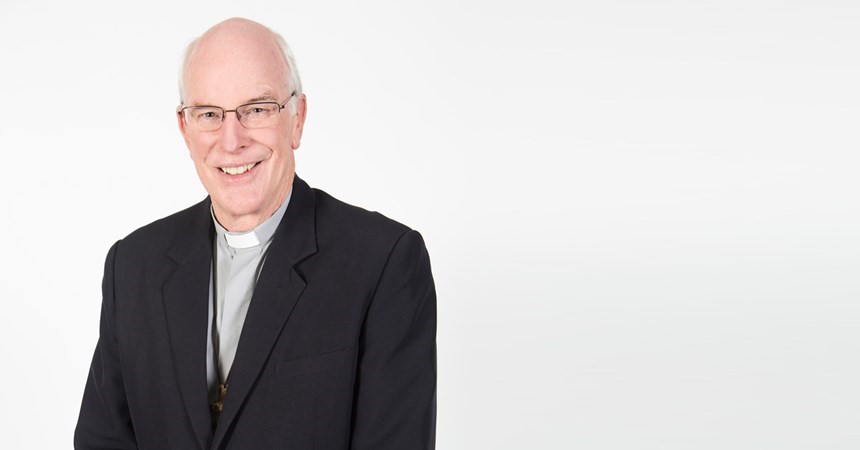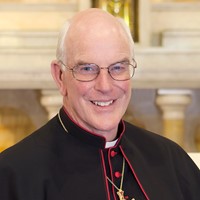OK, he stole fruit from a neighbour’s orchard. That’s no biggie, a bit of a juvenile misdemeanour at most, so why does Augustine so anguish over it? Well, of course, the great African is not so much concerned with the crime as with human nature, his own nature. Why did he do it? He didn’t particularly want the fruit, but something in him relished the excitement of doing something naughty, of being a bad boy. The existence of that sort of impulse in even a young child helped convince Augustine that we are all a bit out of whack, affected somewhere deep within by original sin, and inclined to favour our own desires over what we actually know is right or good. And so we have Lent, a time of repentance for our sins.
I’ve always been rather struck by Augustine’s boyhood sin, because I too was a childish thief. At some stage in Kindergarten or infants classes I pinched chewing gum from a supermarket shelf. Even now, in my mind’s eye, I can sort of see myself doing it. And like Augustine, I don’t know why. Anyway, I got away with it, mummy never found out, the police never came! But I’ve remembered and, as far as I recall, I’ve never again stolen in such a straightforward way. Fudged a bit on whether the pens at the conference were meant to be taken, or the shampoo from the hotel maybe. But not reached out and pinched someone else’s stuff. And that’s another aspect of human nature, that conscience is also part of our make-up, and guilt also shapes who we become. A season of repentance, then, answers to another human need, that of finding a way to surface guilt and do something worthwhile with it, by way of “making up” for our sins and changing our lives.
It’s unfortunate, then, that sin and guilt have had such a hard time of it in recent history. At some point, pop psychology decided that guilt was a destructive emotion, damaging to one’s all-important sense of self or self-esteem. Of course, there is some truth in that when it is a matter of wallowing in guilt, of carrying it around unresolved year after year. It’s really a matter of what you do with guilt. When it is a stimulus to taking responsibility, to confessing that you’ve done the wrong thing, to taking responsibility, apologising, seeking forgiveness, making up for it — to repentance, in short — it’s quite a healthy thing. “There’s nothing wrong with feeling guilty when you are guilty,” as I used to say, and indeed the absence of any feelings of guilt is actually one of the marks of the true psychopath or sociopath.
But somehow the other approach, denial of guilt, has become more prevalent. Somehow the self-esteem thing became so strong that my actions couldn’t possibly have been wrong or, if they were, it couldn’t possibly have been my fault. When it’s inconceivable that I could have been in the wrong, there is no guilt, there is no sin. In fact, in many settings we stopped talking about sin as the deliberate choice to do what we knew to be wrong, re-expressing it for children as simply “making a bad choice”, a bit of an error of judgment, a mistake, not really your fault. No need then for repentance.
But Jesus began his public life by preaching “repent and believe the good news”. Our season of Lent picks up that call. And of course, the Good News was that God loved sinners and was “near at hand” with forgiveness and mercy for them. He was going to do a great thing through the Cross, an act of love and goodness that would more than make up for all the evil that humans have done throughout all time. So, we don’t have to rely on our own virtues but on what God has done on our behalf through the man Jesus who is also God’s son. It is an offer of freedom from the guilt of our sins that is a much more compelling answer to the human condition than pretending that “it wasn’t my fault” or “I’ve done nothing wrong”. Lent is for repenting, and repentance is our salvation.























































































